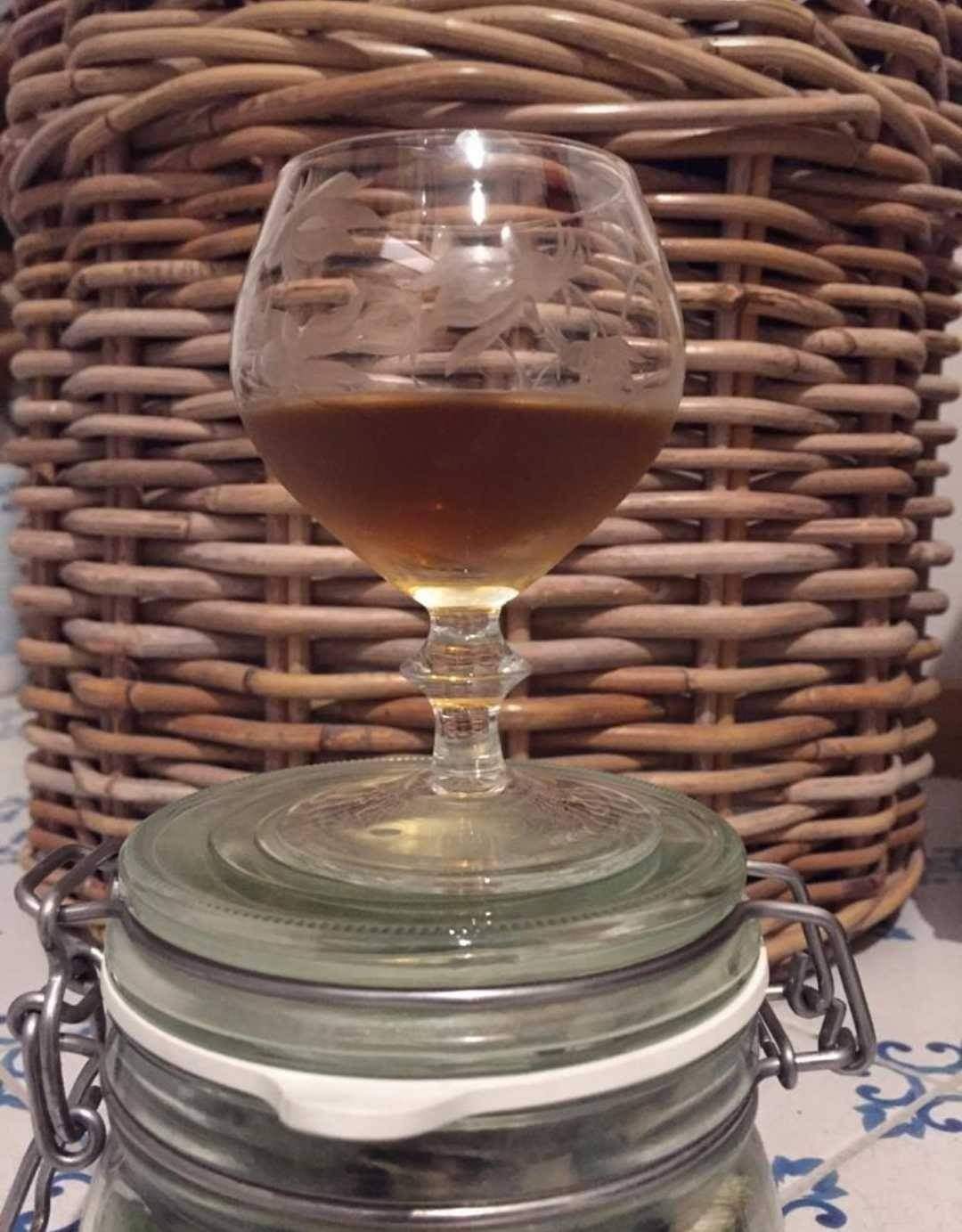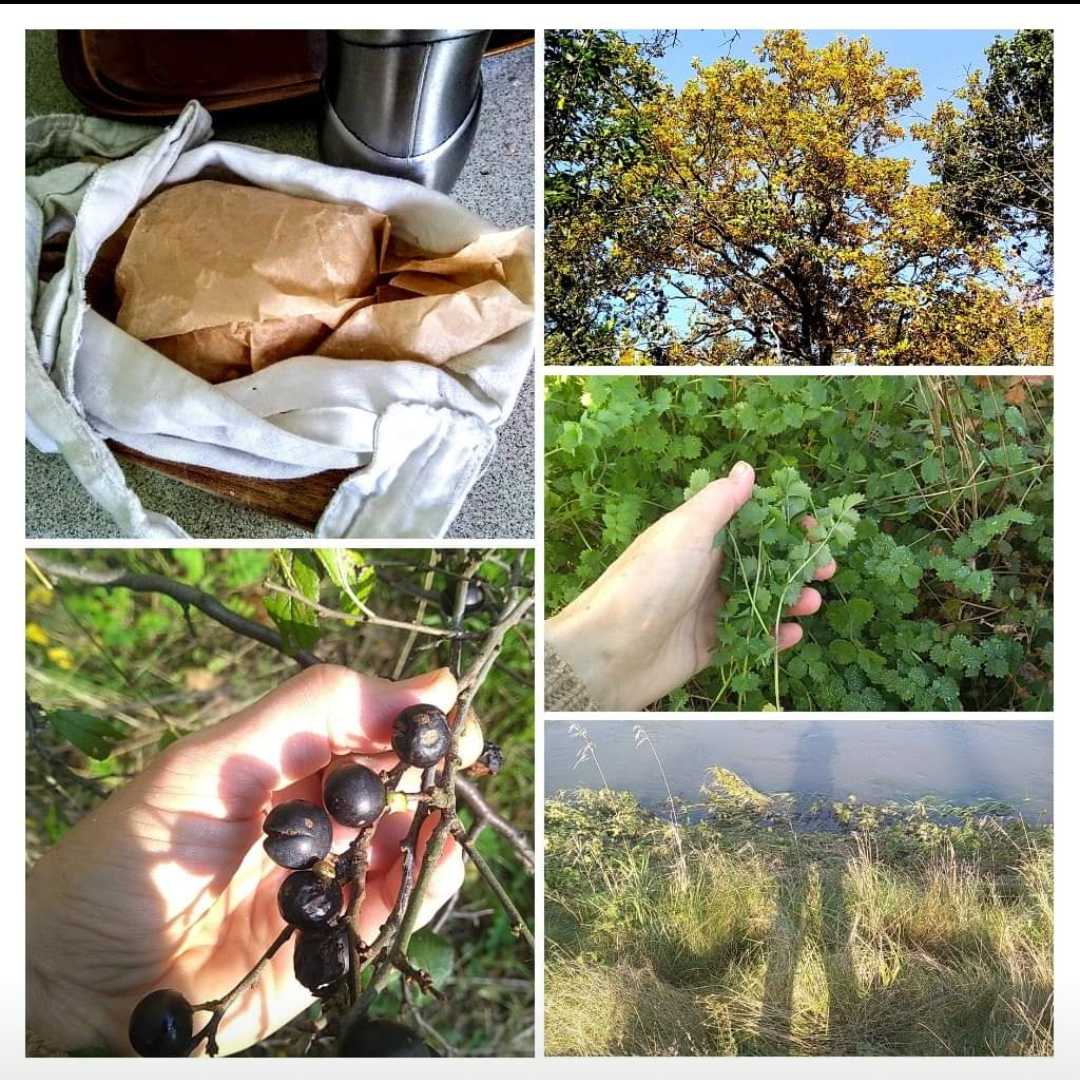The nearest event: 16.03.2021. (another will follow – check the links below)
SLOW FORAGING – POTTERY & WILD EDIBLE PLANTS
TICKETS with bonus manual: HERE
INFO: slowfooddolnyslask(at)gmail.com

Together with our members we are inviting you to our Slow Foraging online presentations within the Terra Madre Salone del Gusto 2020/2021 festival by SlowFood.com international network.
In the last episode of our series “SLOW FORAGING” the participants will learn several edible species, the ways of processing them for meals, types of ancient pottery with plant remains in it, and also tips how to forage, how to gather plants in the woodlands.

By joining our presentations, you will learn more about SLOW FORAGING which is sustainable formula of FORAGING in a SLOW way associated with EATING in a SLOW way that protects and promotes biodiversity. By this we want to stress out the need to combining gathering ‘wild’ edible plants with cooking based on LOCAL products, as coherent with the philosophy of SlowFood.com network that we are a part of. In our approach, if gathering/foraging of wild edibles is followed by conventional, massive consumption of junk imported ingredients, it is not worth practicing and makes no positive change to the environmental or human health.
In many diverse cultures gathering/foraging food has always been combined with processing in pottery and stoneware, also with processing raw materials by various types of fermentation and by other techniques. In the forthcoming presentation we will focus on pottery and plant remains found in archaeological excavations, but we will associate it with contemporary pottery and processing of ‘wild’ edible plants, perennials and trees.
All the presentations of our Slow Foraging project as our contribution for the Terra Madre festival in 2020 and 2021.
Within the festival Terra Madre Salone del Gusto 2020/2021 we are inviting you to the events that we provide digitally, online, to encourage the whole globe to participate. Here we are with short characteristics of these events:
08.10.2020. / past event / The theme of this first episode was FOREST. We opened this serie with the 1st episode of our Slow Foraging project. For the start, we met in the urban forest. Anna Ruminska, a food anthropologist, a chef and a culinary reenactor and curator explained some fascinating details about history of foraging and the characteristics of foraged food and local flavours. Then Anna showed us nearly 30 local plants that were consumed in the past. We tasted them all and we must say, we liked it very much. We all believe, foraging should be incorporated into the everyday life.
11.11.2020. / past event / The theme of this episode was FREEDOM. On this very day we celebrated the anniversary of gaining independence by Poland, our motherland. Therefore, in our homes, we made several dishes using Polska Fasola z Orzelkiem bean variety that we have been introducing since 2015. We also used foraged plants. In this way we have learned how we could combine cultivated and uncultivated vegetables.
12.12.2020. / past event / The theme of this episode was DINNER. We agreed to make 12 meals using at least 4 foraged herbs or vegetables. The result was better than we expected! Some of us made a very simple dish, and others devoted more time to it. Both All the results we stunning! We all liked what others did. We shared our recipes and exchanged new information. Definitely our knowledge about edible plant foraging increased meaningfully.
25.01.2021. / past event / The theme of this episode will be NEOLITHIC. You will learn what has been eaten since the Neolithic times up to present in terms of some plants that we chose and that we also forage today. We will show you what we forage and eat today regarding mainly uncultivated vegetables and fermented foods, not only plant based, but also taken from animals (diary or meat). We will show you how you can make an example of a simple Neolithic style food. We will also show you some examples of the neolithic kitchenware that was found in Polish archaeological excavations. We would also like to present you some artifacts collected and protected in our local Archaeological Museum in Wroclaw.
22.02.2021. / past event / The theme of this episode will be INTERCULTURAL FERMENTING OF THE WILD EDIBLE PLANTS. In this meeting we will focus on the how we process the plants we foraged. We will also disxuss some cooking books in terms of vanishing of wild edibles from this type of literaturę. We will share recipes and present fermented plants.
16.03.2021. / Tickets here / The theme of the last episode is POTTERY, GATHERING and PROCESSING of ‘wild’ edible plants. Participants will learn several edible species, the ways of processing them for meals, types of ancient pottery with plant remains in it, and also tips how to forage, how to gather plants in the woodlands. In this chapter we will show how plants are used in the art of pottery. We will present ancient pottery that was found with edible plant remains. We will also share recipes to the participants and present foods with plants we foraged earlier.
***

All events of the Terra Madre festival – here.
SLOW FOOD DOLNY SLASK CONVIVIUM AND THE MEMBERS OF THE CHWASTOZERCY GROUP SEEK TO PROMOTE KNOWLEDGE OF FORAGED FOOD, ANCIENT UNCULTIVATED PLANTS AND OTHER RESOURCES THAT GO BEYOND FARMING AND GARDENING TECHNIQUES.
Nowadays, as people wish to be more independent from the regular food system, interest in the so-called wild edibles is growing very fast. The knowledge of uncultivated food meets the loss of relationship with nature and Mother Earth, along with social and family liaisons. Therefore, this event aims to stress the urgent need to increase people’s awareness of what was once considered food and that current regulations and the agricultural industry do not consider as such anymore. This series of taste workshops will be held in a few different places to underline the geographical formula of this edition of Terra Madre Salone del Gusto: the mountains and hills areas, the plains, coastal communities and inland waters and urban areas.



